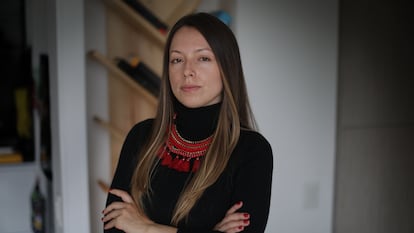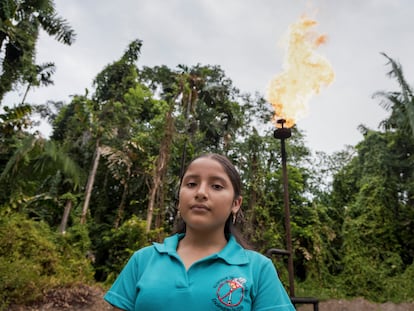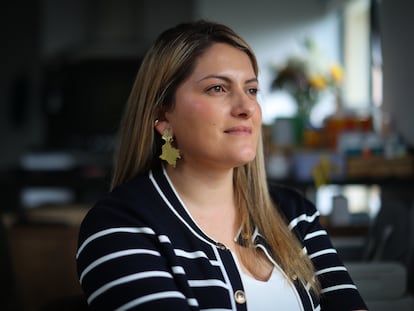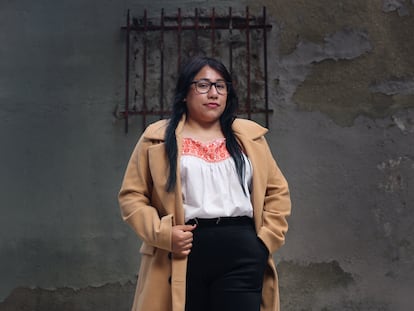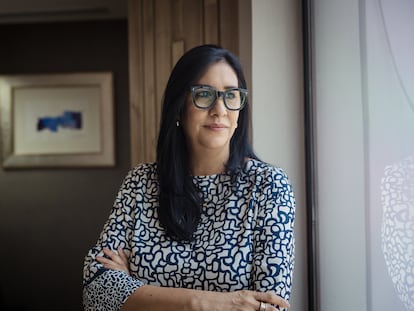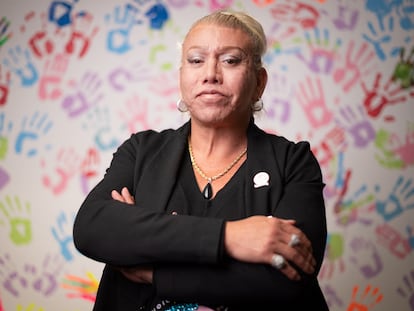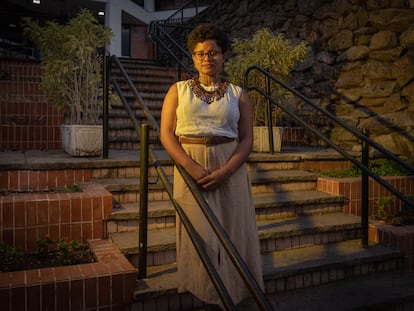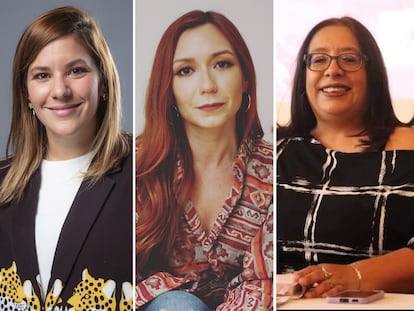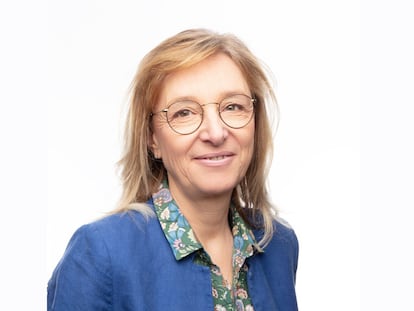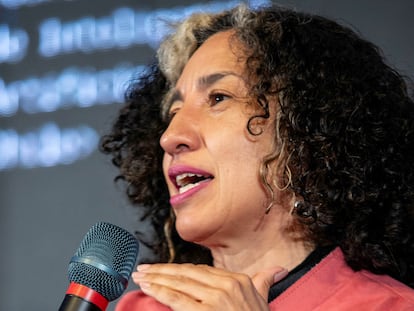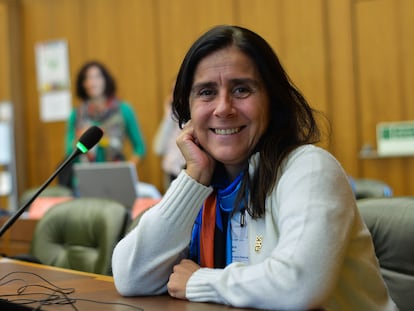The tool is a legal standard for governments and parliaments in the region to use. It establishes obligations for digital platforms, such as the timely removal of violent or non-consensual content
The native people, who fear the social and environmental impact of the project, accuse the company of not consulting them about installing multi-billion dollar infrastructure on their traditional lands
Monitoring carried out by two Brazilian research websites shows how, subtly, sexist discourses land on TikTok
OpenAI has announced the construction of a mega data center in Argentina, the latest of its kind in the region. Governments should demand local participation and reinvestment terms that promise more than free access to ChatGPT
Two investigations warn about how data collected through menstrual tracking apps can be used by governments to monitor people’s reproductive lives, and by companies to make a profit
At 13, she is one of nine Amazonian girls who won a lawsuit against the state to stop gas flaring in the world’s largest rainforest. But her battle continues because the ruling has not been enforced
A group of artisans and two designers from Bogotá are determined to recover the plant’s ancestral use as a pigment and promote its legal market through the Tinta Dulce project
The physician says misinformation, pharmaceutical shortages and peer intimidation are on the rise during Javier Milei’s presidency
The president of the foundation ChileMujeres warns that today only 15% of women have the right to childcare at the workplace, which is required by local law for companies with at least 20 female employees
The co-founder of the NGO Valientes warns that, since the pandemic, this crime has been more prevalent in cities such as Cartagena, Medellín and Bogotá, and digital threats have increased
This 28-year-old Mexican has been recognized for incorporating the language spoken by 1.6 million people into the search engine’s translator
The Panamanian executive advocates for regulations that promote change in favor of women, but also for companies to assume their responsibility ‘out of conviction and not just out of regulatory compliance’
The founder of one of the most prominent NGOs in the protection and defense of the transgender community trusts in the power of the community in the face of the challenges posed by the Trump administration
The struggle of Latin American women is more urgent than ever in the face of setbacks across the continent. These eight women are at the forefront of the resistance: defending their threatened rights and fighting for those they have yet to secure
As a counterpoint to a perhaps dystopian future, this educator recommends concentrating on the little things that truly make up people’s lives and (at least for now) cannot be monetized or converted into data
If we want to preserve democracy as a conversation based on shared facts, we must build a digital environment in which that conversation is possible. And the US is not the model. On the contrary, it is time to tell the emperor that he is naked
Marianny Sánchez Núñez, Paula Barrios, Catalina Martínez Coral and Ana Vera are some of the visible faces of the international movement against child pregnancy. They have been involved in litigation before the UN Human Rights Committee, which has condemned Ecuador and Nicaragua for failing to protect girls
She conducts the Bogotá Women’s Philharmonic Orchestra and the Cartagena Symphony Orchestra. The latter is a social project made up of children and youths who perform in concert at the Cartagena Music Festival
The Chilean-French expert leads Zero Mothers Die, a cellphone application that provides information to combat maternal and neonatal mortality in countries facing extreme poverty
Colombia's first Afro minister created the Manos Visibles Corporation, which has trained more than 27,000 leaders. She is working to turn Quibdó and Medellín into 'Black Smart Cities'
The Colombian journalist criticizes President Gustavo Petro’s plan for total peace, the reintegration of rapists and violence against female reporters, and has launched a documentary on sexual exploitation in Cartagena
An expert in artificial intelligence and feminism, the Mexican-Ecuadorian professor speaks with EL PAÍS about how big tech is building a model of the world that will deepen inequality
With the exception of YouTube, no platform operating in the Latin American country offers open and free access to its data. The lack of transparency affects the monitoring of online violence against women
The director of the Inter-American Dialogue’s Rule of Law Program talks about the scenarios for the country and ideas to generate legal incentives for a democratic transition in her native country
Beatriz Busaniche, president of the Vía Libre Foundation and academic, analyzes the gender and ethnic biases of AI
Nina Santos is an expert and researcher on disinformation, hate speech and artificial intelligence. Based in Brazil, she approaches the debate from the perspective of the countries of the region
